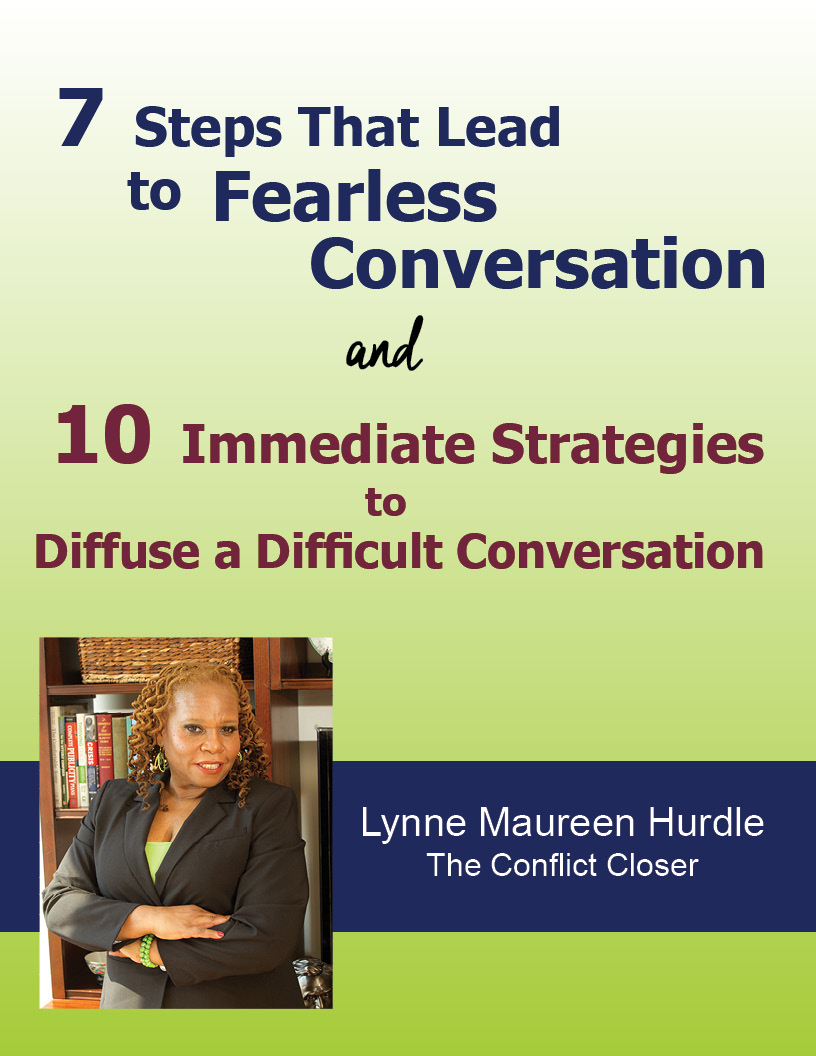I have learned a lot about patience from my youngest son much more out of necessity than desire. Until this became a mandatory assignment for my need to parent him in a way that would help him love himself, I embraced, loved and committed myself to my impatience. I was famous for giving him a directive, really an order, “Put that cup in the sink and throw your garbage away now. Now please, put it away now. Do it now.” All of this was delivered in about 3 seconds in which time I expected him to jump up immediately and Get It Done!
He on the other hand, operating on a very different rhythm, did not take to the instructions right away. He would sit there and finish doing what he was doing and take his time to do what I demanded him to do. Well, in the perfecting of my impatience, I had about a two second rebound time and then I would be back to issuing the directive, only this time upping the ante. “I just told you to get it done or you won’t get to play any video games any time soon.” There’s that famous phrase “anytime soon.”
Well, what does that mean? Today, tomorrow, next week, right now? It didn’t matter, I was on automatic, that phrase was implanted in me to spill out whenever the stressful moment called for impatience. And in my book, this situation qualified.
I should know. My mother was impatient and for her anything that tried her patience amounted to disrespect and defiance and those two major sins would not be tolerated. My mother was impatient with me and I gave in to it, but my son began to buckle under the weight of my impatience. In other words, my stress became his stress and it turned him in to a mess.
Daniel Goleman says that “stress does not become stress until we take it on as stress.” I had taken on my mother’s stress. I don’t know if I came here with an inordinate amount of patience and then learned to not only become impatient, but to allow it to signal my body that this was a source of stress. The scary part is that now my son’s physiology had learned to signal him that this interaction with me was about to become stressful. This is how we learn, internalize and pass it on.
The world of work is starting to realize that there is a very logical connection between parenting and behavior at work. There is the recognition that parents do not necessarily leave the stresses of parenting at the door when they arrive at work and the even more profound realization that I heard in an amazing presentation this weekend, that for too long supervisors and managers have been inflicting their childhood traumas on those they are assigned to lead. It is this last statement that draws me back to the situation with me and my son and frankly, has me thinking about all of you.
When I was confronted with what was happening around my impatience with my son, I decided that I had a tremendous opportunity in front of me. Honestly, I had to sit down and be quiet for about an hour. I was actually afraid. I was afraid of what I was doing to him, to his self-esteem, his spirit, his psyche and I was afraid that I wouldn’t know what to do instead. How could I temper and eventually get rid of something that I had claimed all these years as a part of who I am? After all, if someone asked me to tell them three things about myself, two of them positive and one negative, “I’m impatient” would inevitably come out of my mouth. Sometimes with a sigh and other times it sounded as if there was a badge attached… ”I’m impatient.”
But was I really? I mean, was that just a part of who I arrived here to be or did I absorb it from the woman who lettered in it, my mom, who quite probably learned it from the woman who mastered it, her mom?
This was the question I reflected on in silence for about an hour. My answer was however I learned it, it was entrenched deep. Now what? How does one after stumbling upon this revelation set forth the honest intention to face it and eventually, one day, take it off my plate?
And for all of you I ask:
- What is it that created stress for you as a child that you are now passing on as a stress to your child/children/others?
- How was it created?
- How is it showing up at home and/or at work?
- Do you want to let go of that stress and take it off your plate?
This is not easy work that we are embarking on, but when have I ever said that it would be?
In Love,
Lynne
If you are game for what comes next, I would love to hear from you.






We have to be honest and vulnerable when facing our childhood traumas. It’s a deliberate action to take. It does not excuse those who created the trauma, it allows you to get off autopilot and create a roadmap to self healing and forgiveness. As a parent, it makes me more self aware and motivated to address these traumas and break the cycle. It requires commitment and patience. It’s still a work in progress.
So absolutely true.